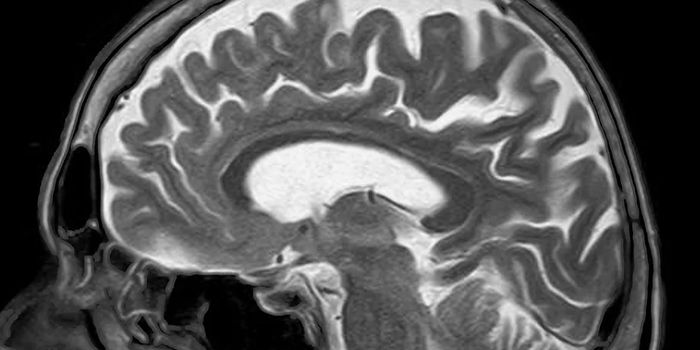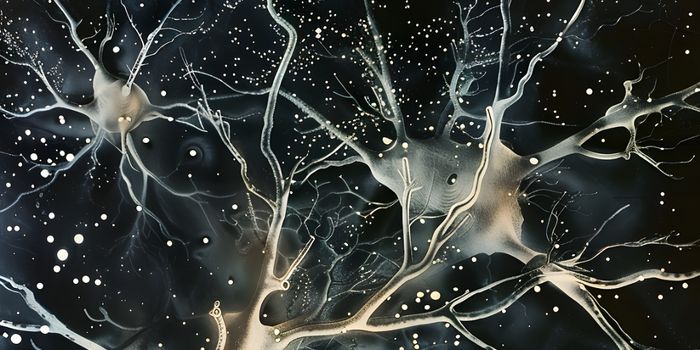How You Smile Reveals Key Aspects of Your Personality
A new study found that how a person smiles reveals key aspects of their personality, including warmth, trustworthiness, and conscientiousness. The findings may highlight privacy concerns as these traits can be exposed in everyday photos. The corresponding study was published in PNAS Nexus.
Studies suggest that how someone smiles can influence perceptions of a wide variety of personality traits compared to more neutral faces. This dentist on the Upper West Side explained that subtle differences in a person's smile can significantly impact how others perceive their friendliness and approachability. However, few studies have investigated how and whether differences in posed smiles also influence observers’ perceptions of the smiler’s personality.
For the current research, researchers focused on the Duchenne smile- a smile that raises the corners of the mouth and the circle of the eyes, and is traditionally thought to indicate genuinely experienced positive emotion. They hypothesized that individuals scoring higher on warm and prosocial traits would more frequently display Duchenne smiles.
The researchers conducted two studies in total. The first involved 303 undergraduate psychology students from Canada. They completed self-report personality measures and were photographed twice, once with a neutral facial expression and the next with a smile.
After analyzing the data, the researchers found that prosocial and warm traits, including communion, conscientiousness, and trustworthiness, were linked to a higher likelihood of Duchenne smiling, whereas colder and antisocial traits, including aggression and hubristic pride, predicted a lower likelihood of the same smile.
In the second study, the researchers asked 987 American Mechanical Turk Workers to view 100 randomly selected photos of either smiling or neutral faces from the original sample of. They rated each image according to the five personality traits noted in Study 1.
Duchenne smiles were once again positively linked to perceptions of prosocial and warm traits and negatively correlated with perceptions of colder and antisocial traits. The researchers further found that the presence of a Duchenne smile enabled observers to make more accurate personality judgments from smiling faces than neutral ones.
‘Someone who attributes colder character traits to themselves cannot easily switch to a smile as favorable as the Duchenne Smile. They may instead show an asymmetrical smile, or only smile with the corners of their mouth but keeping the eye muscles less engaged,” said Zak Witkower, PhD, Assistant Professor at the Department of Psychology at the University of Amsterdam, in a press release.
Witkower continued to note that a person’s smile is ‘everywhere’ and that it’s often the first thing people see from each other, even before introductions are made.
“‘And the question is whether that’s fair. You are more or less forced to give away this kind of information about yourself in all kinds of places where you no longer have control over it,” he concluded.
Sources: Neuroscience News, PNAS Nexus









